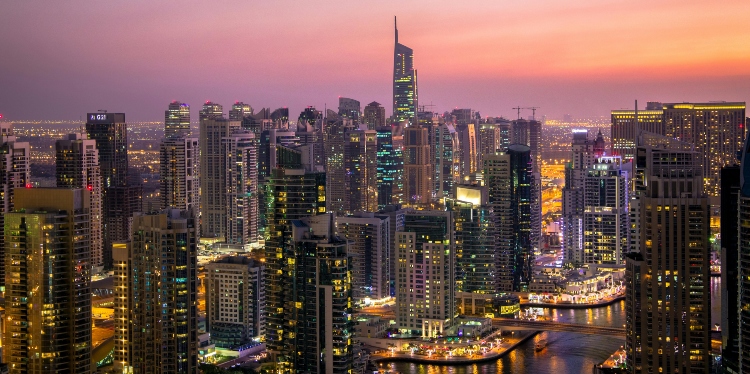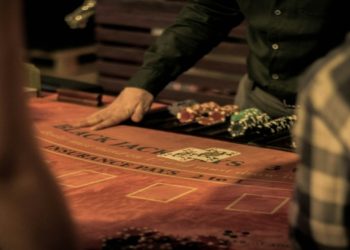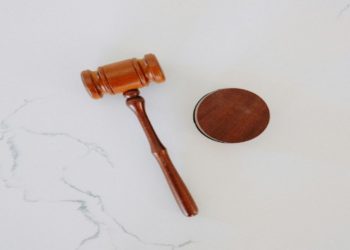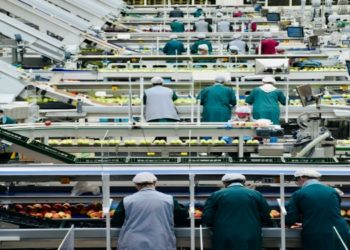Dubai’s reputation for deal-making isn’t built on glittering skyscrapers or record-breaking malls. It’s built on trust. Over the past two decades, the city has transformed its legal system from uncertain to world-class, turning arbitration into the quiet machinery behind its economic rise. But how did a desert trading hub become a global benchmark for business law? From boardrooms to courtrooms, Dubai’s legal evolution is changing how companies negotiate, resolve disputes, and build relationships that last longer than contracts. The answer reveals a lot about ambition, structure, and the kind of trust money can’t buy.
Dubai didn’t always have a reputation for legal sophistication. A generation ago, arbitration here was patchy, inconsistent, and often dependent on who you knew rather than what you signed. Today, that’s changed. The city has become one of the world’s busiest crossroads for corporate disputes and a place where global companies meet regional law and somehow make it work. The shift isn’t just about legislation; it’s about people learning how to do business across borders, and law firms adapting fast enough to keep up.
How Dubai’s Business Law Firms Earn Global Trust
Rupert & Partners, a Dubai-based firm with deep regional roots, is one of the practices that has grown alongside the city’s commercial boom. In a market crowded with international players, The firm stands out among business law specialists in Dubai, serving clients who operate in both local and offshore jurisdictions. What sets it apart isn’t the marketing gloss or a wall of credentials, but a sense of cultural fluency in the ability to read the room before the contract hits the table.
In practice, that means understanding that a British investor and an Emirati entrepreneur might value very different things in a negotiation. The letter of the law matters, of course, but so does rhythm, timing, and trust. The firm built its reputation on bridging that gap by translating complex legal ideas into solutions that make sense to clients from Mumbai to Manchester. In a city that thrives on compromise, that skill has quietly become as valuable as any courtroom win.
A Legal System Built for Global Business
The transformation of Dubai’s legal scene didn’t happen by accident. It was part of a deliberate push to make the city more business-friendly, starting with the creation of the Dubai International Financial Centre (DIFC) in 2004. The DIFC introduced English-language commercial courts, independent arbitration panels, and transparent enforcement mechanisms. Suddenly, global investors had a place in the Gulf that spoke their legal language.
Academic research on the evolution of arbitration in the United Arab Emirates notes how this change built a foundation of predictability, the one thing every multinational craves. Before these reforms, contract enforcement could feel like a coin toss; today, it’s closer to a well-run chess match. The DIFC’s model gave Dubai something rare in emerging markets: a court system investors actually trust.
That trust has paid off. Arbitration clauses now appear in nearly every major corporate agreement signed here. Awards are enforceable both locally and internationally, and legal professionals trained in London or New York now see Dubai as a career destination rather than a posting abroad. The growth of this legal ecosystem mirrors Dubai’s wider economy: fast, multicultural, and fascinatingly efficient once you understand its rhythm.
Why Arbitration Shapes Dubai’s Economic Future
The thing about arbitration is that it’s invisible when it works. Disputes are handled quietly, relationships stay intact, and trade flows without interruption. In a city built on commerce, that’s invaluable. Each resolved case reinforces the idea that Dubai is open for business! Arbitration has become the unspoken infrastructure behind confidence, the mechanism that keeps investment wheels turning smoothly.
For a law firm to meet its client demands, this environment demands constant adaptation. The rules keep evolving as Dubai expands into new industries: renewable energy, fintech, and logistics. Each brings its own legal puzzles such as intellectual property concerns and joint-venture disputes, and the always tricky regulatory overlap. Arbitration provides the safety net that keeps all these sectors functioning, even when partners disagree.
You could say arbitration here has become a kind of civic language. Everyone speaks it differently, but everyone understands its purpose: to keep deals alive. That’s the quiet genius of Dubai’s legal modernisation: not the glamour of big verdicts like an HBO courtroom drama, but the reliability of steady outcomes. Drama is only fun on TV, you do not want it in your business.
Dubai’s rise as an arbitration hub shows what happens when ambition meets structure. The city now competes with London, Singapore, and Paris for high-value dispute resolution, yet it still feels distinct: more pragmatic, more personal. Behind every settlement is a mix of legal intellect and cultural intuition. In the end, that’s what makes Dubai’s legal ecosystem tick: a handshake that means something, backed by a system strong enough to honour it.
David Prior
David Prior is the editor of Today News, responsible for the overall editorial strategy. He is an NCTJ-qualified journalist with over 20 years’ experience, and is also editor of the award-winning hyperlocal news title Altrincham Today. His LinkedIn profile is here.












































































